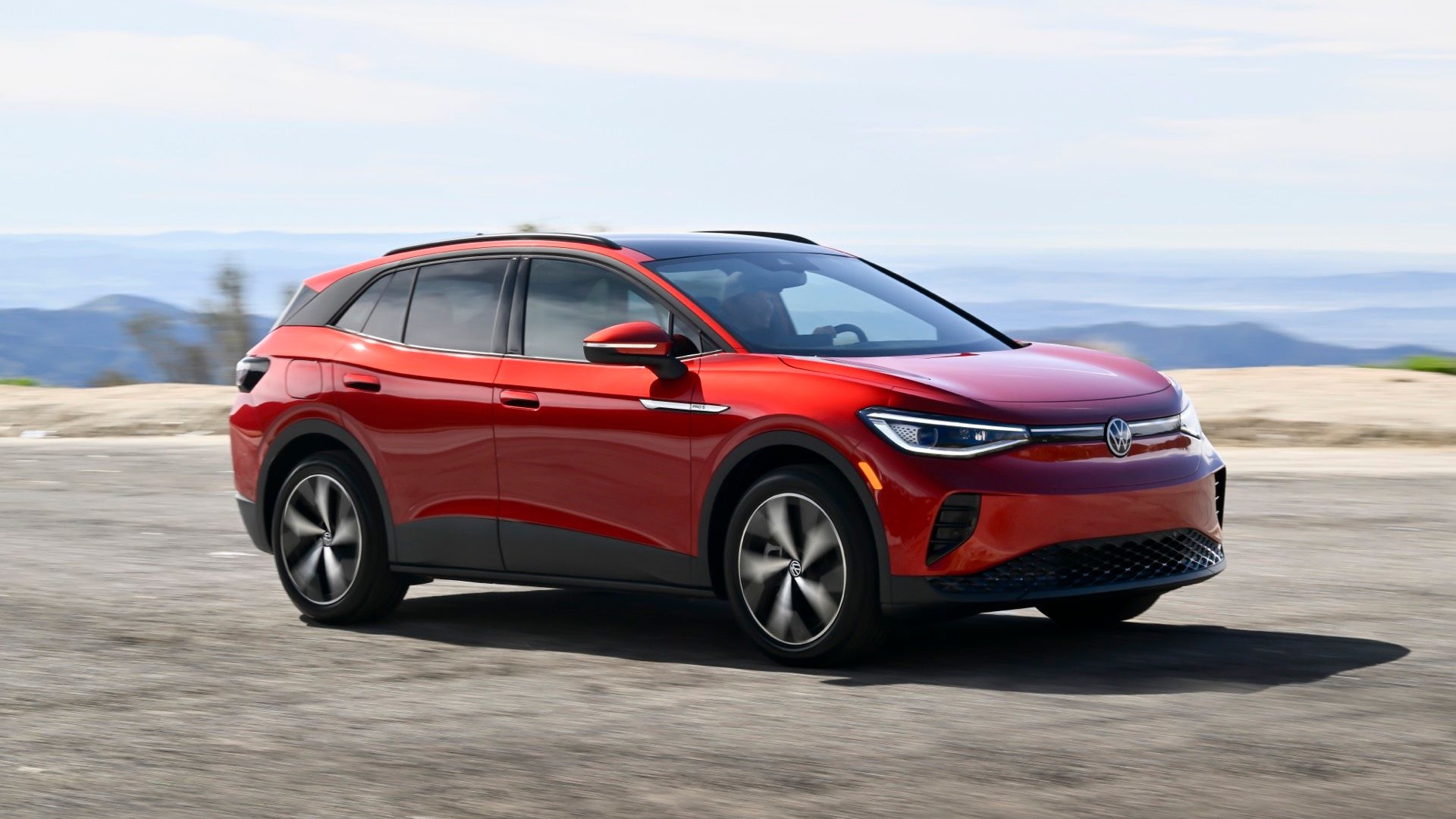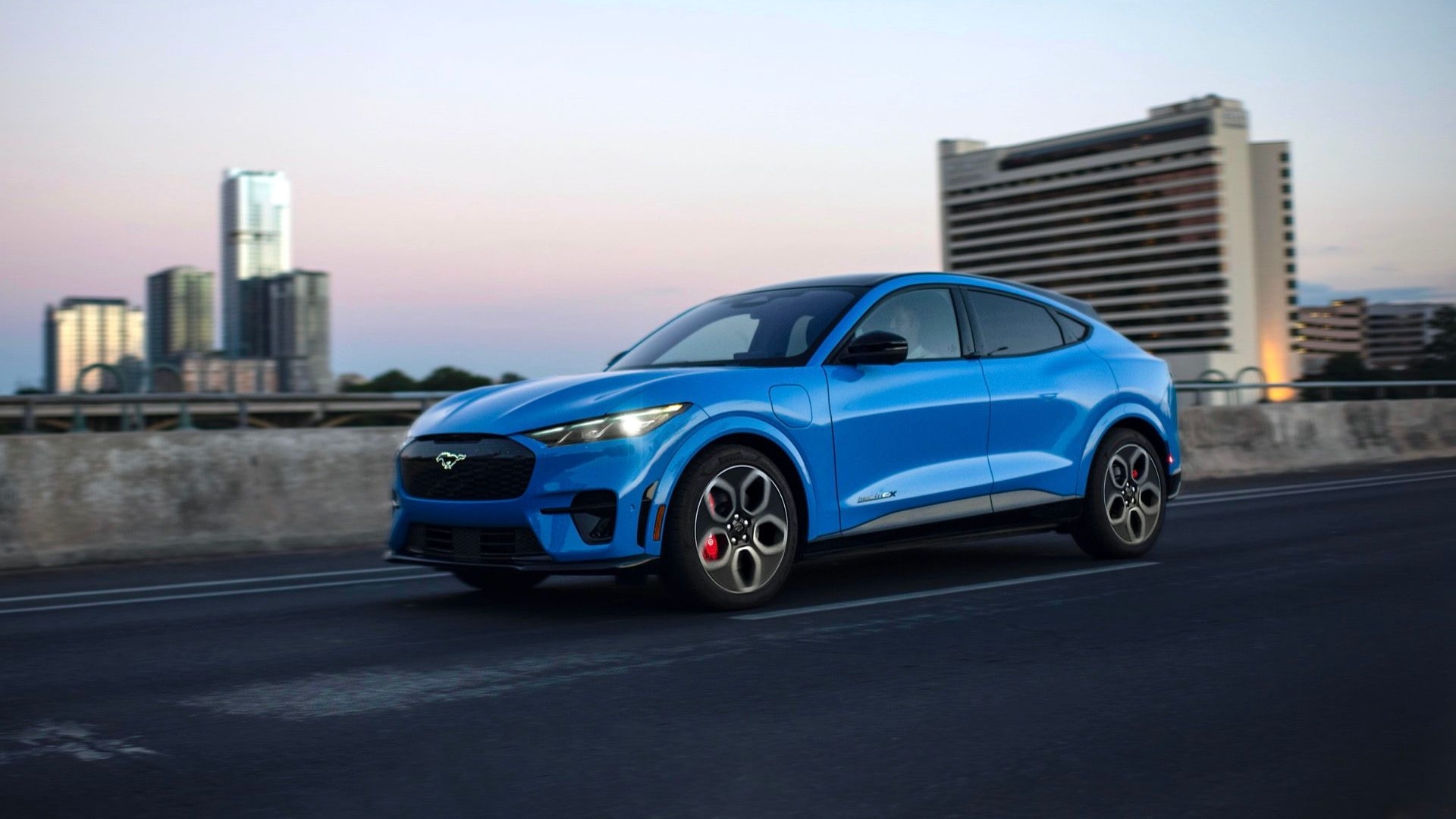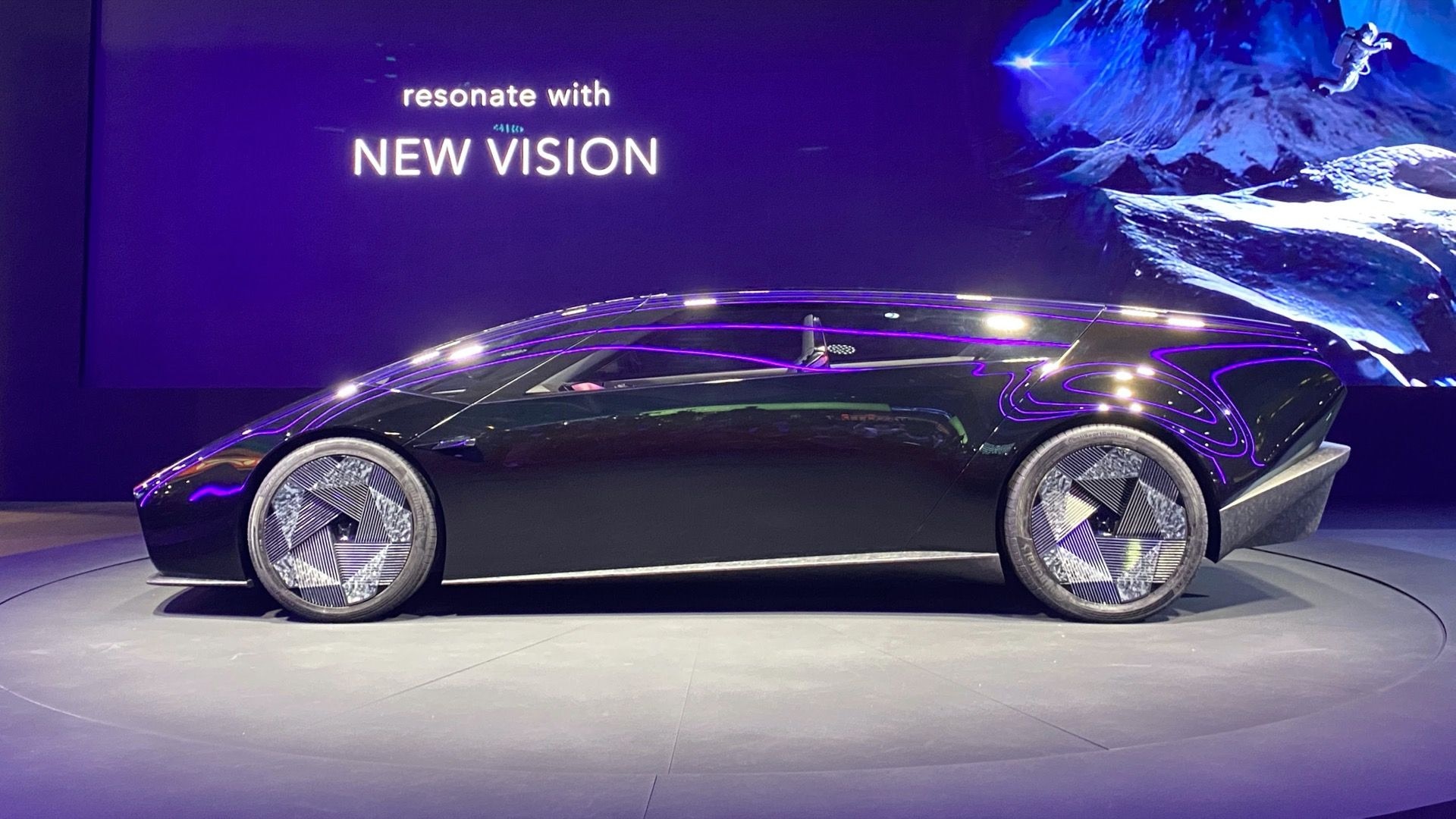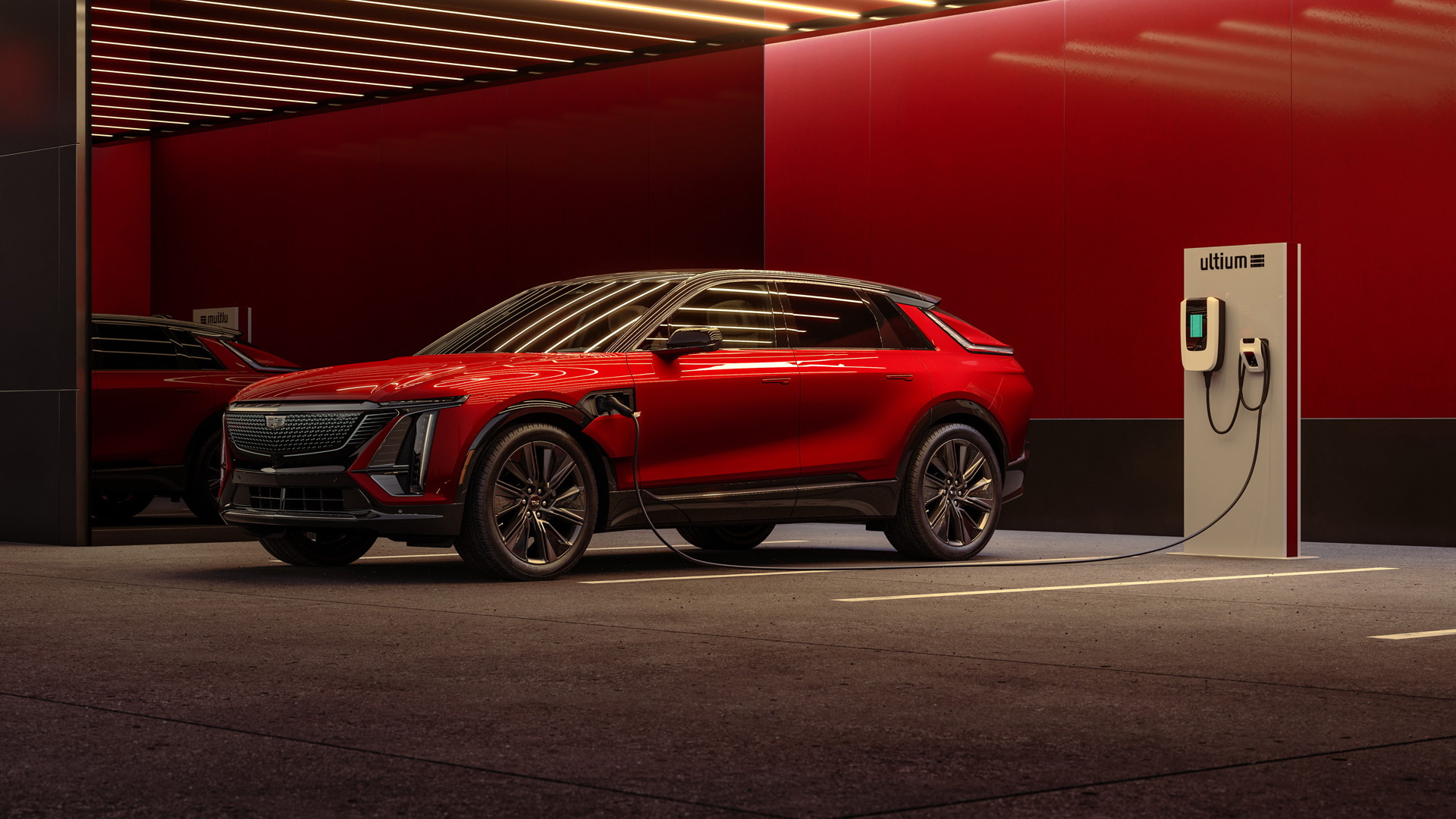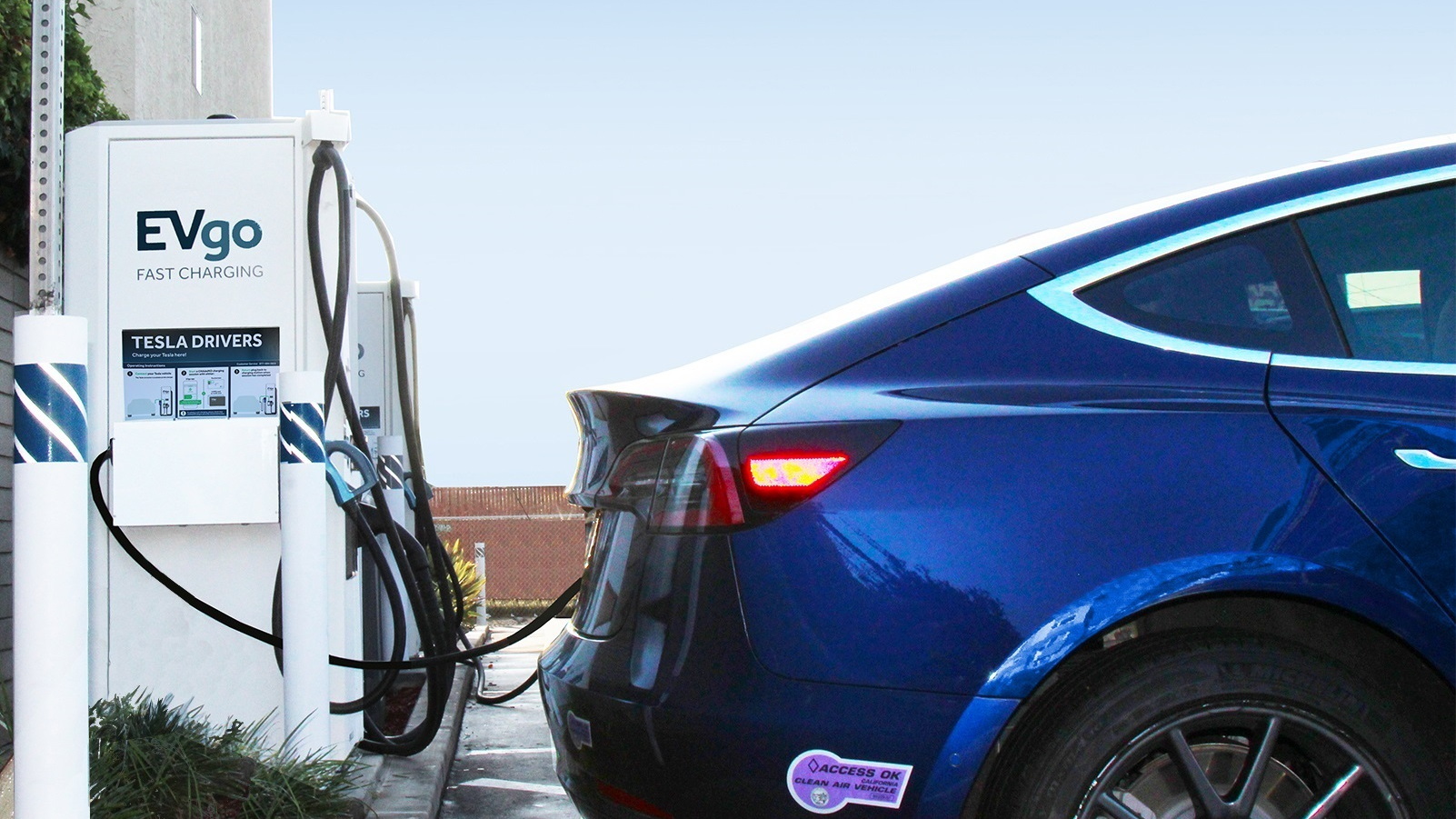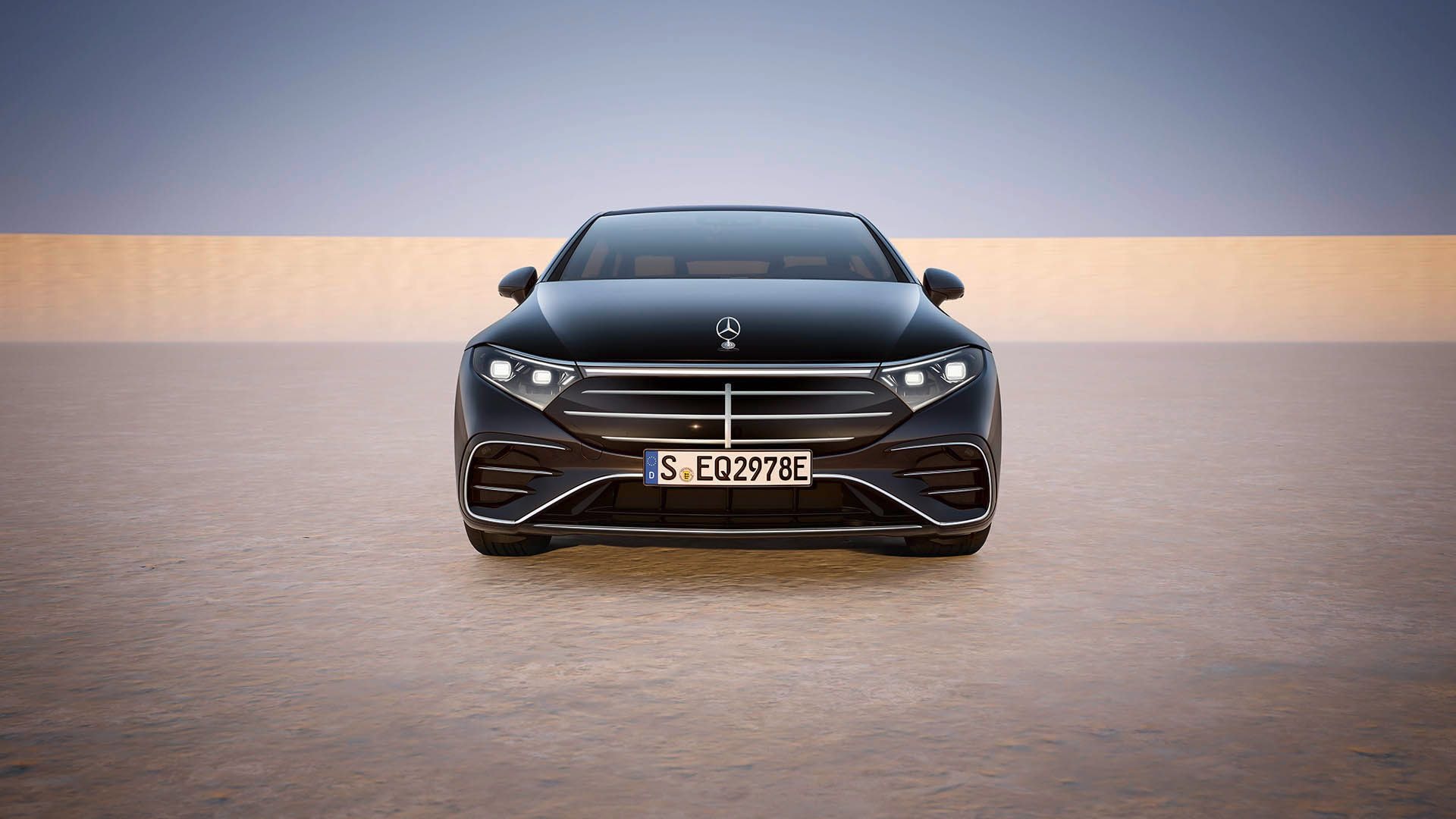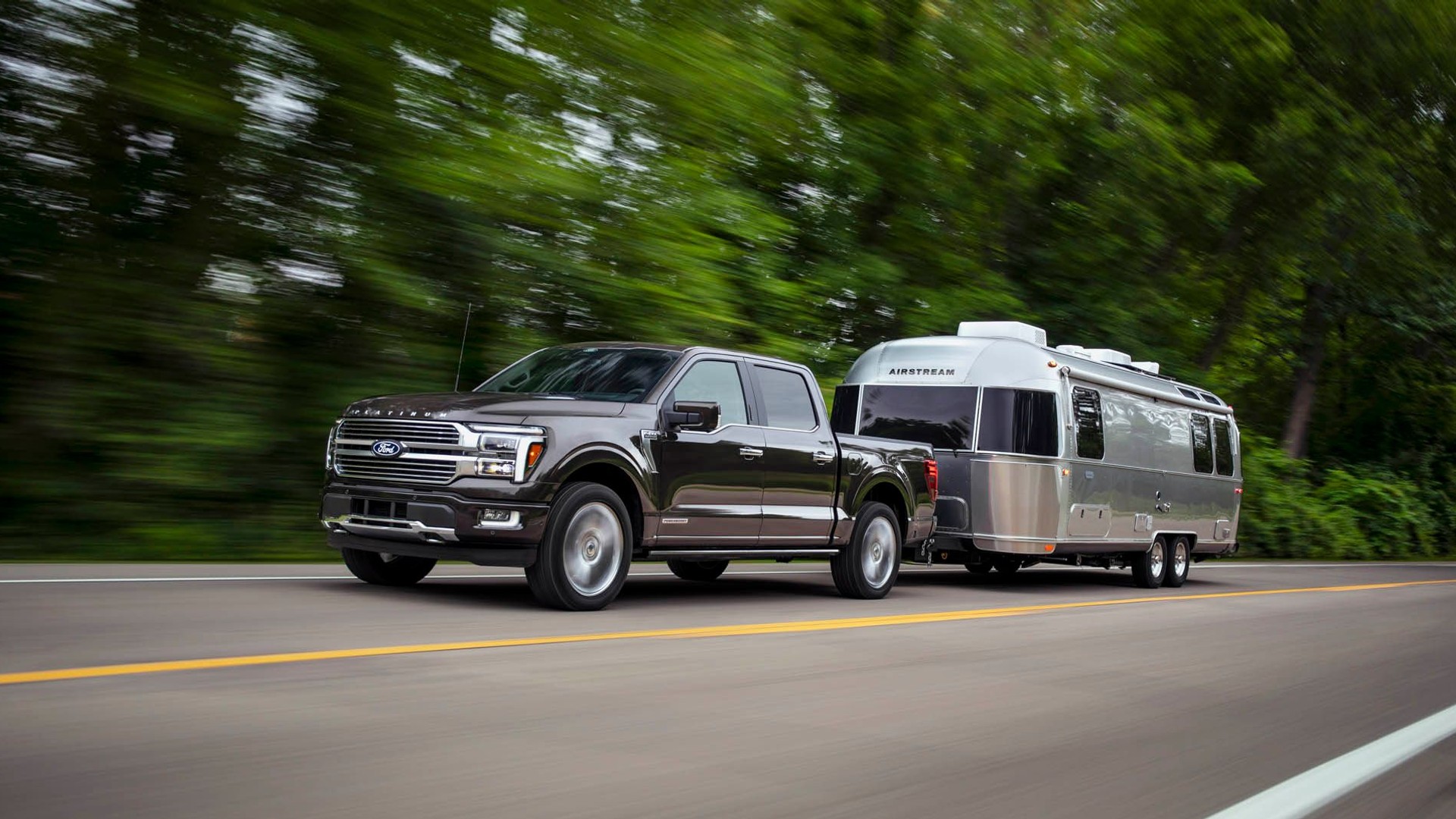In a sign of the times, a brand that's known for its diesel engines is pivoting to become the supplier of e-axles for Freightliner's trucks.
Detroit Diesel will manufacture electric powertrains for the upcoming Freightliner eCascadia semi truck and Freightliner eM2 medium-duty truck, according to a press release from Daimler Trucks, parent company of both Freightliner and Detroit Diesel.
The Detroit ePowertrain will be available in a single-motor configuration with 180 horsepower and 11,500 pound-feet of torque, and a dual-motor version producing 360 hp and 23,000 lb-ft of torque.
The eCascadia and eM2 will also be offered with three battery-pack sizes—210 kwh, 315 kwh, and 475 kwh—using prismatic lithium-ion battery cells. Daimler estimates a maximum range of 230 miles for the eM2 and 250 miles for the eCascadia tractor.
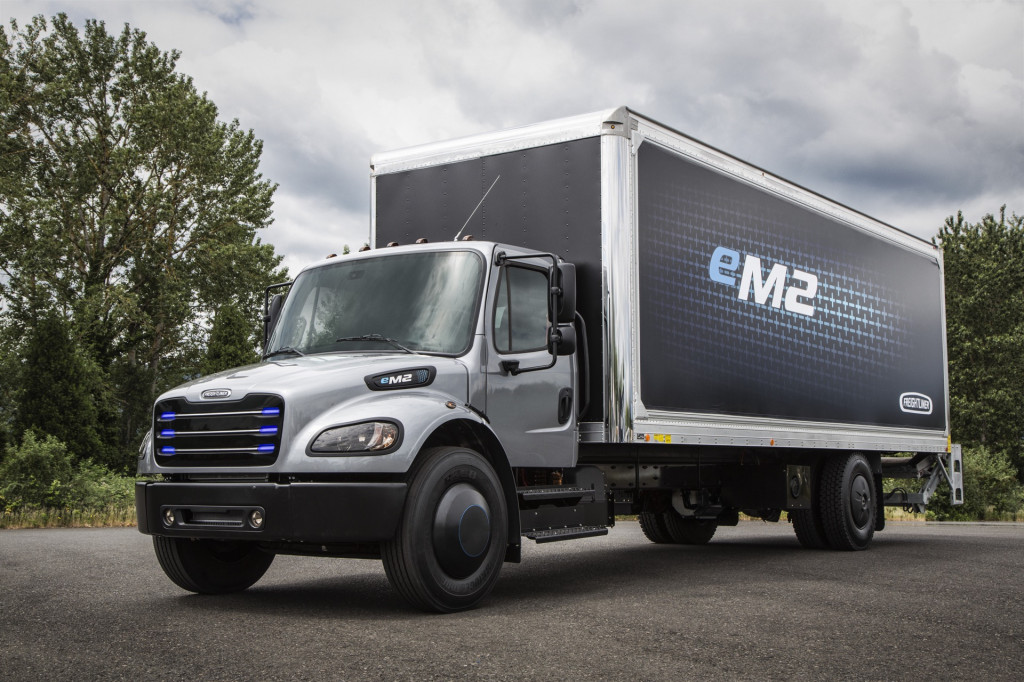
Freightliner eM2 electric short-haul truck
Production of Detroit ePowertrain components is scheduled to begin later this year, in anticipation of a 2022 launch for both Freightliner trucks, which have sourced the components from elsewhere for the approximately 40 pre-production trucks in use now. Although Detroit Diesel will keep producing diesel engines, Daimler is investing $20 million to prep a factory in Detroit's namesake city for electric-powertrain production. Local production is important for many trucking companies.
Freightliner has been prepping the two trucks for production. In 2019, it distributed those early vehicles to customer fleets for real-world testing and feedback. Daimler Trucks North America has also partnered with Portland General Electric on a charging testbed for medium-duty and heavy-duty electric trucks in Portland, where Daimler Trucks North America is headquartered.

Electric Island - Portland, OR - Daimler Trucks and PGE (rendering)
Not all of Freightliner parent Daimler's future zero-emission trucks will be battery-electric. The company is also working with rival Volvo Trucks on hydrogen fuel cells.
Meanwhile, Tesla CEO Elon Musk said last month that deliveries of the company's own electric semi truck will start by the end of the year, due to the scaling up of Tesla's proprietary battery tech. Will newcomer Tesla beat old hands Freightliner and Detroit Diesel to market with an electric truck? And what will truckers think of these first battery-electric semis?




